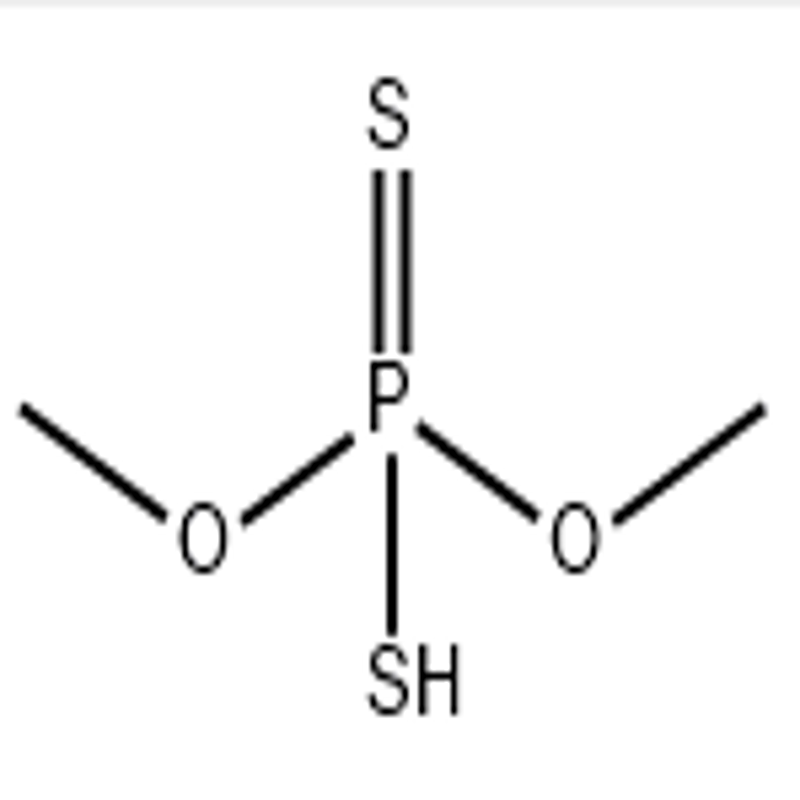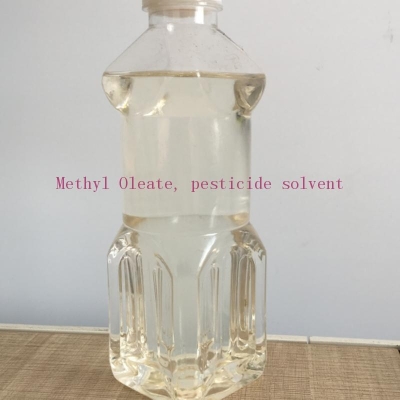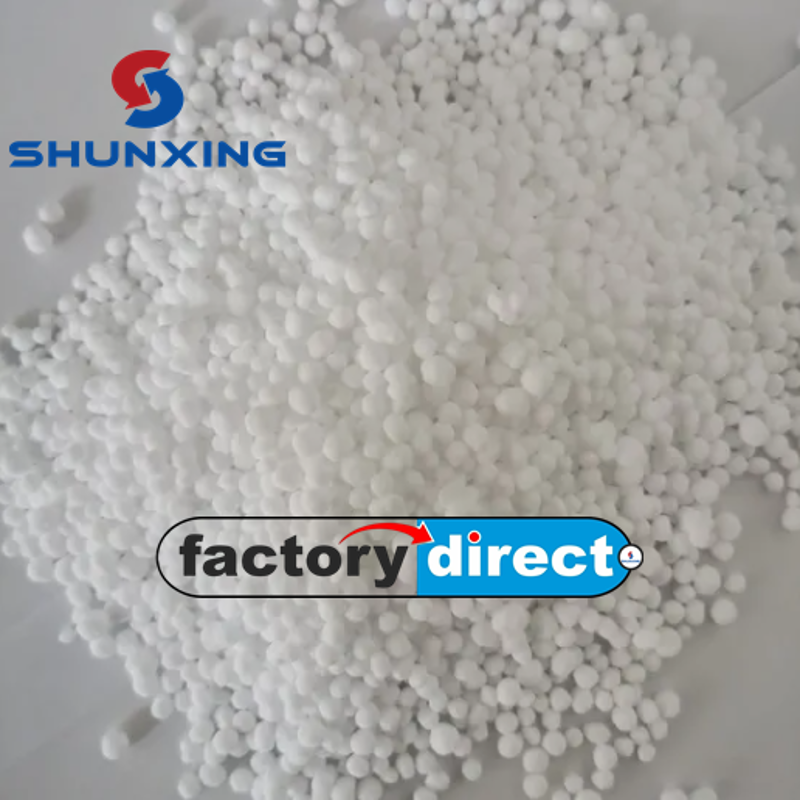-
Categories
-
Pharmaceutical Intermediates
-
Active Pharmaceutical Ingredients
-
Food Additives
- Industrial Coatings
- Agrochemicals
- Dyes and Pigments
- Surfactant
- Flavors and Fragrances
- Chemical Reagents
- Catalyst and Auxiliary
- Natural Products
- Inorganic Chemistry
-
Organic Chemistry
-
Biochemical Engineering
- Analytical Chemistry
-
Cosmetic Ingredient
- Water Treatment Chemical
-
Pharmaceutical Intermediates
Promotion
ECHEMI Mall
Wholesale
Weekly Price
Exhibition
News
-
Trade Service
China is a large agricultural country with a wide variety of pests.
In the production process of grain, cotton, vegetables, etc.
, threats from pests and diseases are encountered every year
.
The main adverse effect of agricultural pests and diseases is the large-scale reduction in crop production.
For example, a very serious rice stripe disease occurred in the Yangtze River Basin, affecting 20 million acres of farmland
.
A few days ago, at the "Biopesticide Development Symposium" jointly sponsored by the Institute of Zoology, Chinese Academy of Sciences, Life Sciences and Biotechnology Bureau of Chinese Academy of Sciences, Agricultural Technology Extension Center of Ministry of Agriculture, and Afforestation Department of State Forestry Administration, Deputy Director of Agricultural Technology Extension Center of Ministry of Agriculture Zhong Tianrun said that in order to prevent and control crop diseases and insect pests, China has used chemical pesticides in large-scale production for a long time, which has caused two major problems: environmental pollution and food safety
.
According to forecasts, the development trend of agricultural pests and diseases in China is not optimistic.
To ensure food security and build ecological civilization, it is necessary to explore new ways of environmentally friendly pest control
.
The emergence of chemical pesticides has greatly improved the level of human prevention and control of agricultural diseases and pests, but a series of problems such as soil degradation, pesticide residues, water source and environmental pollution, biological chain interruption, and ecological imbalance caused by long-term use of chemical pesticides are becoming increasingly prominent
.
There is more and more research evidence showing that the long remaining time and difficulty of degradation of some synthetic chemical pesticides in the environment are beyond people’s imagination, and the carcinogenic, teratogenic, and mutagenic effects of chemical pesticides are causing the scientific community.
High attention
.
Some organophosphorus pesticides commonly used in agricultural production are absorbed by vegetables and fruits and enter the food chain, and finally enter the human body
.
Dr.
Qin Qilian from the Institute of Zoology, Chinese Academy of Sciences told reporters that according to statistics from the Ministry of Agriculture, China uses more than 1.
4 million tons of pesticides each year, of which chemical pesticides account for 1/3 of the world’s total application.
China is the world’s number one.
Large pesticide consumption country; the average use of pesticides per mu is about 1 kg, more than double that of developed countries
.
After pesticide application, the residue in the soil is 50% to 60%, and it is not easily degraded, thus becoming the source of unsafe agricultural products
.
my country’s exported garlic and fragrant pears have been returned in large quantities due to pesticide residues, with losses amounting to billions of dollars.
.
At the same time, because most chemical pesticides are broad-spectrum, spraying in the field not only kills the pests, but also kills the natural enemies of these pests.
When the chemical pesticides expire, the pests will explode again quickly
.
The formation of serious non-point source pollution during the use of pesticides, and adverse consequences such as excessive residues of agricultural products after the use of pesticides, all directly threaten China's ecological safety and food safety
.
In the production process of grain, cotton, vegetables, etc.
, threats from pests and diseases are encountered every year
.
The main adverse effect of agricultural pests and diseases is the large-scale reduction in crop production.
For example, a very serious rice stripe disease occurred in the Yangtze River Basin, affecting 20 million acres of farmland
.
A few days ago, at the "Biopesticide Development Symposium" jointly sponsored by the Institute of Zoology, Chinese Academy of Sciences, Life Sciences and Biotechnology Bureau of Chinese Academy of Sciences, Agricultural Technology Extension Center of Ministry of Agriculture, and Afforestation Department of State Forestry Administration, Deputy Director of Agricultural Technology Extension Center of Ministry of Agriculture Zhong Tianrun said that in order to prevent and control crop diseases and insect pests, China has used chemical pesticides in large-scale production for a long time, which has caused two major problems: environmental pollution and food safety
.
According to forecasts, the development trend of agricultural pests and diseases in China is not optimistic.
To ensure food security and build ecological civilization, it is necessary to explore new ways of environmentally friendly pest control
.
The emergence of chemical pesticides has greatly improved the level of human prevention and control of agricultural diseases and pests, but a series of problems such as soil degradation, pesticide residues, water source and environmental pollution, biological chain interruption, and ecological imbalance caused by long-term use of chemical pesticides are becoming increasingly prominent
.
There is more and more research evidence showing that the long remaining time and difficulty of degradation of some synthetic chemical pesticides in the environment are beyond people’s imagination, and the carcinogenic, teratogenic, and mutagenic effects of chemical pesticides are causing the scientific community.
High attention
.
Some organophosphorus pesticides commonly used in agricultural production are absorbed by vegetables and fruits and enter the food chain, and finally enter the human body
.
Dr.
Qin Qilian from the Institute of Zoology, Chinese Academy of Sciences told reporters that according to statistics from the Ministry of Agriculture, China uses more than 1.
4 million tons of pesticides each year, of which chemical pesticides account for 1/3 of the world’s total application.
China is the world’s number one.
Large pesticide consumption country; the average use of pesticides per mu is about 1 kg, more than double that of developed countries
.
After pesticide application, the residue in the soil is 50% to 60%, and it is not easily degraded, thus becoming the source of unsafe agricultural products
.
my country’s exported garlic and fragrant pears have been returned in large quantities due to pesticide residues, with losses amounting to billions of dollars.
.
At the same time, because most chemical pesticides are broad-spectrum, spraying in the field not only kills the pests, but also kills the natural enemies of these pests.
When the chemical pesticides expire, the pests will explode again quickly
.
The formation of serious non-point source pollution during the use of pesticides, and adverse consequences such as excessive residues of agricultural products after the use of pesticides, all directly threaten China's ecological safety and food safety
.







